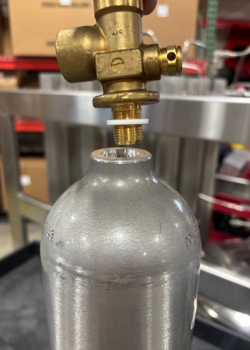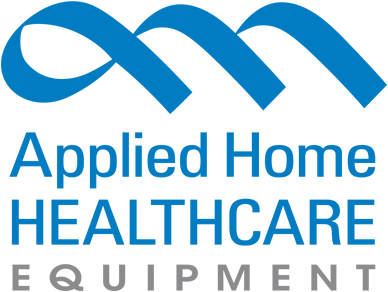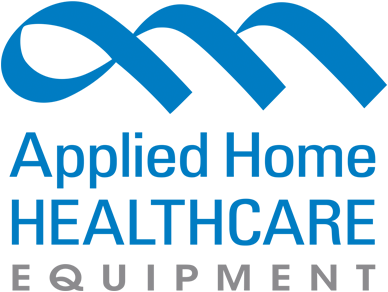PRODUCT CATEGORIES
CLASSES/REGISTRATION
WHAT'S YOUR ROLE?
Washers in Oxygen Systems: An Essential Component
In oxygen delivery systems, each component plays a vital role in ensuring safety, reliability, and optimal performance. One crucial, often overlooked part is the washer. Though small, washers are essential in sealing connections and maintaining the integrity of oxygen systems. This guide explores the different types of washers used in oxygen systems, their specific applications, and why keeping washers clean and oil-free is vital for system safety.
What Are Washers in Oxygen Systems?
Washers in oxygen systems act as seals between surfaces to prevent oxygen leaks and enhance the overall system efficiency. By sealing connections, they reduce the risk of hazardous oxygen leaks and contribute to the system’s longevity. Common materials used for washers in oxygen applications include nylon, copper, Teflon (PTFE), rubber, and aluminum, each offering unique benefits based on system requirements.
Types of Washers Used in Oxygen Systems
1. Nylon Washers
Durable nylon washers are favored for their resistance to wear and chemical reactivity. Commonly used in connections between metal components, they prevent metal-on-metal contact, ensuring a secure and non-reactive seal. Nylon is an ideal choice in oxygen systems that require durability and chemical stability.
2. Copper Washers
High-pressure oxygen systems benefit from copper washers due to their malleability and superior sealing capability. Copper’s flexibility ensures a tight fit between surfaces, creating an ideal seal in high-pressure applications. Its thermal conductivity also makes it suitable for environments where heat may be a factor.
3. Teflon (PTFE) Washers
Teflon washers are known for their chemical resistance and low friction properties. Often used in high-temperature or maintenance-heavy oxygen systems, PTFE washers resist corrosion and make disassembly easier. The non-stick properties of Teflon reduce wear during reassembly, making it a reliable choice for repeated maintenance.
4. Rubber Washers
Rubber washers provide an excellent seal in low-pressure oxygen systems and are flexible enough to withstand vibration or movement. They are often paired with metal washers to enhance sealing capabilities. However, they should be avoided in high-temperature environments, as rubber degrades under extreme heat.
5. Aluminum Washers
Aluminum washers are lightweight and corrosion-resistant, ideal for portable oxygen systems where weight is a concern. They offer a balance of strength and malleability, forming an effective seal without risking damage to system components.
The Importance of Choosing the Right Washer
Selecting the appropriate washer for an oxygen system is critical for ensuring system safety and efficiency. Using the wrong washer can result in leaks, inefficiencies, or hazardous conditions. Consider factors such as system pressure, materials, and environmental conditions. For example, high-pressure systems often require the sealing strength of copper, while portable oxygen units benefit from the lightweight properties of aluminum.
Why Keeping Washers Free from Oil and Gases is Essential
In oxygen systems, maintaining washers free of oil, grease, and contaminants is very important. Oils and other hydrocarbons can react explosively in an oxygen-rich environment, posing significant safety risks. During maintenance, it’s crucial to handle washers with oil-free gloves and clean tools to prevent any contamination. This simple step reduces the risk of spontaneous combustion and helps ensure safe oxygen delivery.
Applications of Washers in Oxygen Systems
Washers play a critical role in various parts of oxygen systems, including:
- Regulators: Ensuring a leak-free connection between the regulator and the oxygen cylinder.
- Valves: Providing a secure seal in valve connections to prevent leaks.
- Fittings and Adapters: Creating tight seals in fittings and adapters to prevent oxygen from escaping.
- Manifolds: Maintaining a consistent seal across multiple connections for efficient oxygen distribution.
Maintaining Washers for Optimal Performance
Routine maintenance of washers is essential to the longevity and safety of oxygen systems. Over time, washers can wear out, harden, or degrade, leading to potential leaks. Inspect washers regularly and replace them if signs of wear appear. Keeping washers free from oils, grease, and contaminants during handling and installation prevents dangerous reactions and ensures the system remains safe and reliable.
Small Components, Big Impact
While often considered minor components, washers play a crucial role in the performance of oxygen systems. Understanding the different types and their applications can help you select the right washer for your needs, enhancing safety and efficiency. For anyone involved in maintaining oxygen systems, keeping washers clean and selecting the right material are essential steps to achieving optimal system performance.
You Might Also Like
Subscribe to our Newsletter
Get the latest regulatory info, accreditation news and exclusive discounts!
 View Cart []
View Cart []
